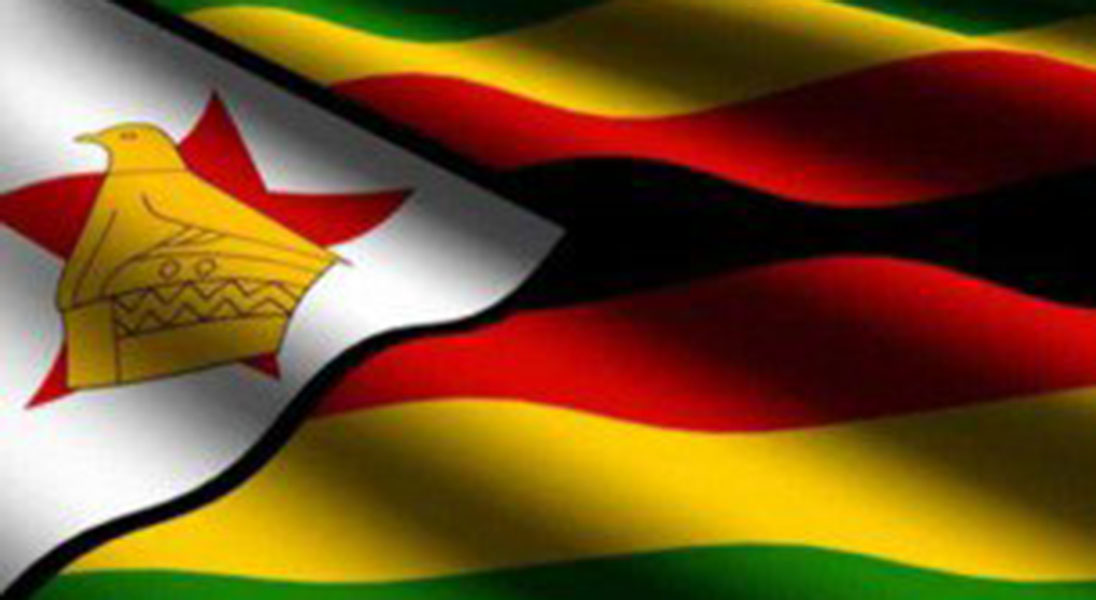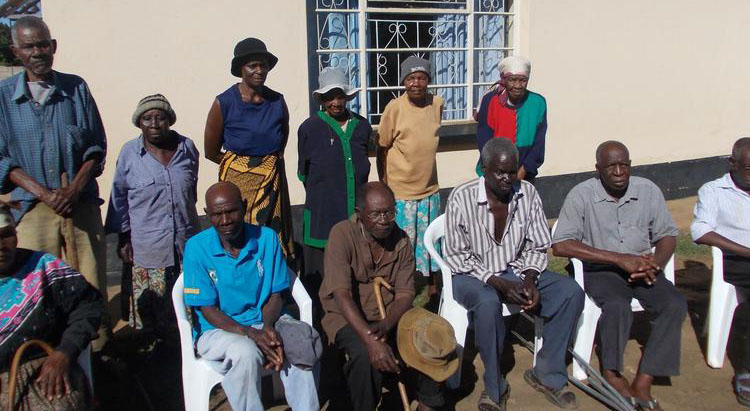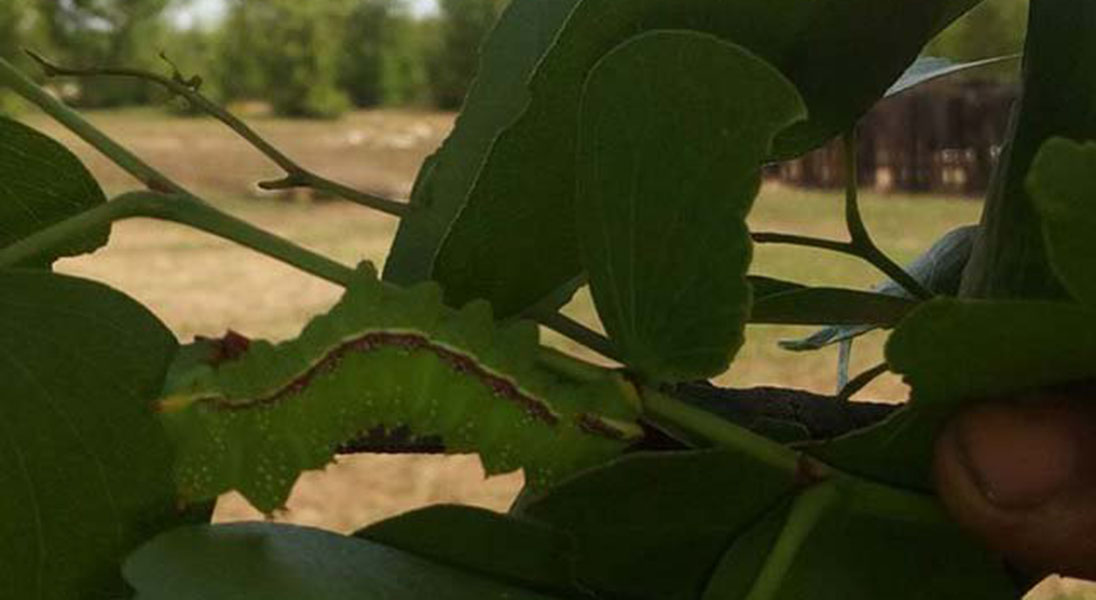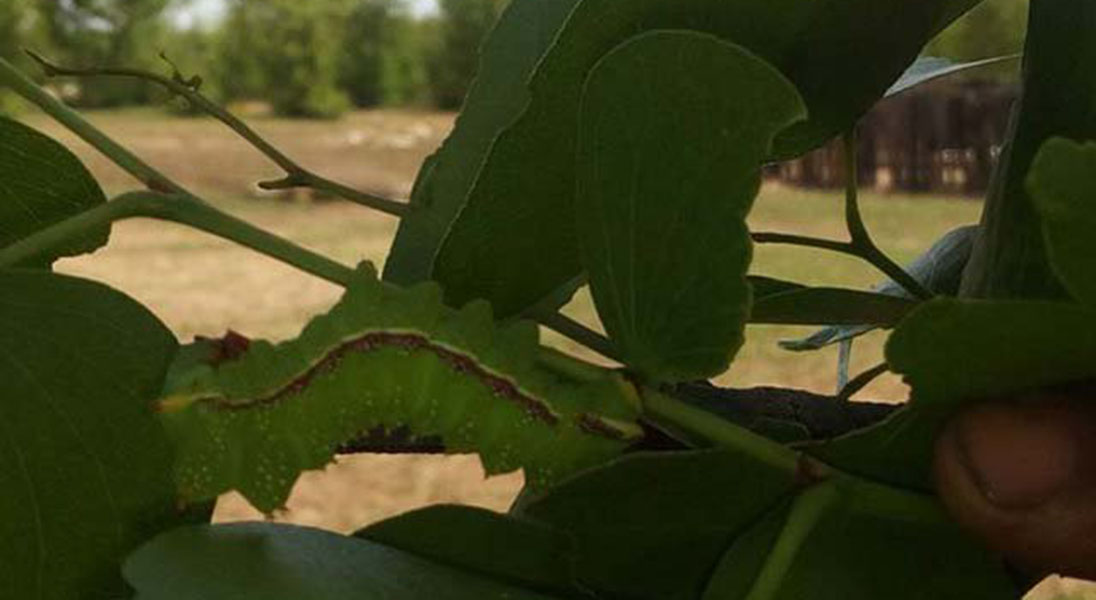Zim moves to draft Coroner’s Bill
- By Zimpapers Syndication |
- 03 Jan, 2026 |
- 0

Sifelani Tsiko
Zimbabwe is taking positive steps to develop the Coroner Bill that seeks to improve forensic death investigations by setting new standards and harmonising the country’s disjointed and cumbersome inquest laws.
Chief Government Pathologist with the Public Health Laboratories under the Ministry of Health and Child Care, Dr Maxwell Hove told the Southern Times that after wide consultations with key stakeholders, a draft Coroner’s Bill has since been submitted to the Attorney General’s Office drafting division.
“The Coroner Bill is stuck in the Office of the Attorney General drafting division,” he said. “We were promised a draft by end of 2015 but nothing has come yet.”
Zimbabwe, just like most other Sadc countries has never had concrete and adequate laws to deal with matters relating to investigations of deaths by violent criminal acts, or extra-judicial killings, or deaths in the prison or police custody.
Local pathologists say this has led to untold misery for the families seeking answers to the death of their loved ones.
Every year, they say, bereaved families grappling with the inquest process are forced to endure lengthy delays and an archaic, unaccountable system.
These failures, they further say, also leave the coronial service unable to fulfil its vital function of preventing unnecessary deaths."
At present death investigations in Zimbabwe and most other Sadc countries rely on a patchwork of coroners and medical examiners and these vary greatly in the quality of services they provide.
Experts who met at a Zimbabwe Pathology Association seminar towards the end of last year, say forensic death investigation took place in the context of a "fragmented," "deficient" and "hodgepodge" system that made it difficult to standardise performance.
“Currently, there is a disjointed patchwork of medical examiners and mixed offices," said one pathologist.
“The field must come together to have a clear, unified message if it hopes to set goals and improve the quality of forensic death investigations in Zimbabwe. The lack of uniformity is having a negative impact on justice, on public health and on public safety.
“Other countries within the Sadc region are also moving to develop coroner systems. At present, only South Africa has a coroner system.”
At the seminar attended by participants who included medical examiners, forensic pathologists, death investigators, law enforcement officers and the academia, participants gathered to explore and develop suggestions for improving the field.
In particular, they sought to address enhancing communication, legal and ethical issues, education, training and certification programmes, technology and areas for future research in death investigation.
The Coroners Bill is designed to address the failures in the current coronial system and aims to serve family and friends by clarifying the causes and circumstances of death, contribute to the health and safety of the public and provide information on mortality and preventable risks to life.
The draft bill is an attempt to remedy the faults in a system that has remained largely unchanged since the colonial era.
Under the current coronial system there is no means to appeal against coroner’s decision or judgment, short of a judicial review.
“This is a fundamental and important Bill which brings accountability to forensic death investigations,” said one pathologist.
A key role of the Coroner Bill is to improve public health and safety by ensuring that mistakes, omissions and bad practice leading to deaths are not repeated.
Pathologists hope the new Bill will ensure that inquests are timely and effective and bereaved families are provided with the information and support they need throughout this emotionally difficult process."
They also hope the new Bill will set new national standards for forensic death investigators, including rules, regulations, guidance and practice directions.
"Everyone is agreed that the priority is to ensure forensic death instigators provide a high standard of service at what can be a difficult time for bereaved families,” said a Harare-based pathologist.
“I hope the chief coroner will be given a full range of powers to drive up standards, including thorough coroner training, and to tackle delays within the system.”
Lack of uniformity, he further argues, is having a negative impact on justice, on public health and on public safety.
Pathologists also hope the Bill will seek to enhance communication, address legal and ethical issues, education, training and certification programs, technology and areas for future research in death investigation.
Analysts say African coroner systems face a ‘system-wide problem’ in the whole forensic science field, including a lack of research, funding, standards and accreditation.
To help identify solutions for improving death investigation, pathologists offered their input and made recommendations to improve the quality of death investigation.
Communication — or lack of it, they argued is the single greatest hurdle to performing forensic death investigations.
“Communication difficulties with other agencies and with descendants' families hinder the forensic death investigators’ work,” said a pathologist.
Clear, well-defined channels of communication between the coroner/medical examiner and the various agencies that play a role in death investigations, from law enforcement to public health, are critical for collaboration, information-sharing and coordinating activities.
Pathology experts say educating other agencies about the role of forensic death investigators or medical examiner should be the first a first step, because many agencies do not understand the forensic death function.
This lack of communication, they say, can lead to delaying notification of forensic death investigators/medical examiners of deaths, failing to maintain communication or hindering attempts to collect information.
According to scholars, a coroner is a government official.
They suggest that the standard role of a coroner is to confirm and certify the death of an individual within a jurisdiction.
A coroner may also conduct or order an inquest into the manner or cause of death, and investigate or confirm the identity of an unknown person who has been found dead within the coroner's jurisdiction
Responsibilities of the coroner may include overseeing the investigation and certification of deaths related to mass disasters that occur within the coroner's jurisdiction.
A coroner's office typically maintains death records of those who have died within the coroner's jurisdiction.
Depending on the jurisdiction, the coroner may adjudge the cause of death personally, or may act as the presiding officer of a special court
The officer responsible for investigating all unnatural and natural unexpected, unexplained, or unattended deaths goes under the title "coroner" or "medical examiner" depending on location, scholars say.
Experts bemoan the lack of interest in forensic pathology and say there is need for more programs to support education in forensic pathology.
They say the field needs funding, resources, administration, better training and education and professionalism.
Without a significant a significant number of trained forensic pathologists with critical legal skills, experts warn it will be difficult to run the Coroner’s Office in Zimbabwe.
At present, Zimbabwe has nine pathologists - five histopathologists who specialize in the diagnosis of disease from examining tissue samples and cellular smears and only four haematologists who specialize in the testing of blood, blood cells and blood products and no chemical pathologists.
This situation also plays out throughout the region (excluding South Africa), with numbers of pathologists in single digits.
Zimbabwe still has no indigenous forensic pathologist and has been relying on expatriates since 1980 with a majority of them coming from Cuba.
Other participants say it is also important for planners to prioritise development of pathology services in allocation of finances to ease the problem of inadequate funds in the sector and that budgets meant for pathology departments should be allocated and prepared so as to reflect their importance.
They also advised Sadc countries to apply all means possible, including generous incentives in order to hold on to their few pathologists who are increasingly being lost to developed countries with attractive conditions.
In South Africa, officially, there are 245 histopathologists, 115 haematologists, 28 virologists and 115 chemical pathologists.
The bulk of them are white, with few blacks and Indians and other races making up the remainder.
South Africa has the biggest number of pathologists in the Sadc region.
Botswana has (3), Mozambique (4), Namibia (1), Zambia (5) while Swaziland had none, among other countries in the region. In these countries, most of the pathologists are expatriates, with few or none being indigenous.
“Pathology to most candidates is a tough and challenging course,” says Dr Rudo Makunike – Mutasa, secretary general of the Zimbabwe Pathology Association. “You have to read a lot and understand all the branches of medicine.
“In the UK they have a 1:250 000 ratio and for Zimbabwe to get closer to this figure we need between 50 and 59 pathologists. Old records all show that government needs more than 22 pathologists but now the demand is even bigger given the growing population and new health demands.”
No Comments












.jpg)

Comment